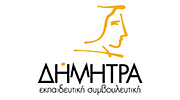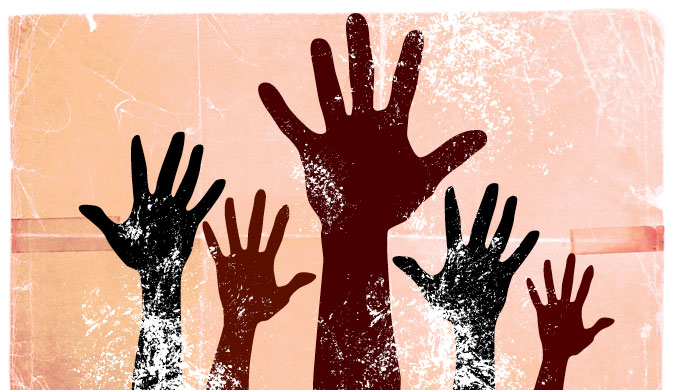Training Material
NGO's Map
In the European Union, individual freedom and gender equality are embraced as core values of the member states. Such values are based on the Convention for the Protection of Human Rights and Fundamental Freedoms (Rome, 4.XI.1950) and the Convention on the Elimination of All Forms of Discrimination against Women (CEDAW).
Human rights are rights inherent to all human beings, whatever their nationality, place of residence, sex, nationality, ethnic origin, colour, religion, language, or any other status. We are all equally entitled to our human rights without discrimination. These rights are all interrelated, interdependent and indivisible, whether they are civil and political rights, such as the right to life, equality before the law and freedom of expression or economic, social and cultural rights, such as the right to work, social security and education, development and self-determination.
As individuals, we are each entitled to our human rights, and therefore we should also respect the human rights of others.
Due to increasing numbers of immigrants from non-EU countries, it is crucial for the member states to embrace a policy of multicultural society, stressing and emphasising the right of individuals to keep the culture of their origin in the new host country. However, during the last decade, the policy of multicultural society has met some challengesfo. One of the reasons for this is the increasing number of cases of “Honour” Based Violence (HBV). HBV goes against the most fundamental values upon which the European Union is developed and the Conventions listed above.
As of 2003, the Council of Europe Parliamentary Assembly Resolution 1327 and Council of Europe Parliamentary Assembly Recommendation 1881 on “so-called “honour crimes” lays down clear principles for member states. Many of the member states, especially the UK, Sweden, Denmark and Germany have come far in taking actions in order to protect the victims of “HBV.
While recognising the necessity of actions for protection and support of HBV victims and survivors, the need for preventive work must not be underestimated. Until now, too little has been done to challenge the values and norms upon which HBV is carried out.
Human Rights in Practice is a two year Rights, Equality and Citizenship programme from the European Union coordinated by FOLKUNIVERSITETET Uppsala from Sweden, with participation of partner organisations from five European Countries: Greece, Sweden, Portugal, the United Kingdom and Germany.
The project aims to prevent violence linked to so-called harmful practices by inclusion of awareness raising and training based on the Council of Europe Convention on Preventing and Combating Violence against Women and Domestic Violence (CETS No.210) in language training for newly arrived immigrants in participating countries.














